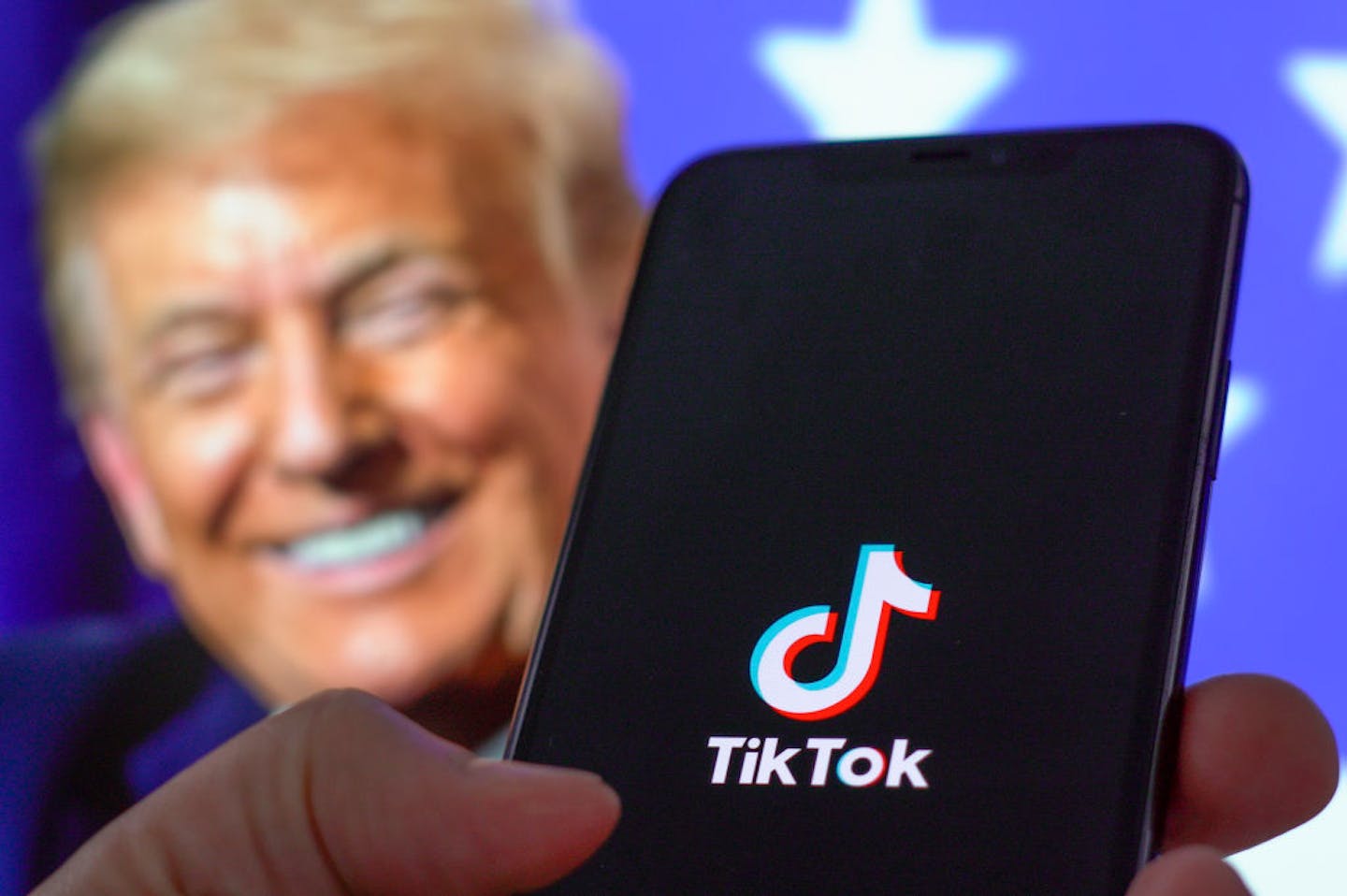
In September 2025, podcaster Pablo Torre published an investigation alleging that the NBA’s Los Angeles Clippers may have used a side deal to skirt the league’s strict salary cap rules. His reporting, aired on multiple episodes of “Pablo Torre Finds Out,” focused on star forward Kawhi Leonard.
Leonard, one of the NBA’s most sought-after free agents, signed a four-year, US$176 million contract renewal with the Clippers during the 2021-22 off-season – the maximum allowed under league rules at the time. But Torre reported that in early 2022, Leonard’s LLC, KL2 Aspire, signed a cash and equity deal amounting to roughly $50 million through a brand sponsorship with Aspiration, a now-bankrupt financial technology startup that marketed itself as a climate-friendly bank.
Torre highlighted how the sponsorship coincided with major investments in Aspiration by Clippers owner Steve Ballmer and another team investor. The arrangement, Torre suggested, looked less like a conventional endorsement deal and more like a “no-show” side payment that could have helped the Clippers keep their star without technically violating the salary cap.
Leonard has denied that the partnership was improper, insisting he fulfilled his contractual obligations. The Clippers and Ballmer have also rejected claims of wrongdoing.
Torre’s reporting nevertheless had an immediate impact. Major outlets picked up the story, Aspiration’s bankruptcy filings drew renewed scrutiny, and the NBA announced it was investigating the matter.
At the University of Florida’s College of Journalism & Communications, part of my research involves unpacking the importance of decentralized networks of local outlets that cover stories from underrepresented areas of the country.
I see Torre’s work as a clear example of the growing need for this kind of bottom-up, citizen journalism – particularly given media industry trends.
An eroding fourth estate
Watchdog journalism is supposed to hold power to account.
This is sometimes referred to as the “fourth estate.” A term that dates back to the 17th century, it reflects the idea that an independent press is supposed to act as a fourth pillar of power, alongside the three traditional branches of modern democracies – legislative, executive and judicial.
Proudly independent from political or financial influence, fourth estate news media has traditionally demonstrated a public service commitment to exposing corruption, encouraging debate, highlighting issues that are important and forcing leaders to address those issues.
The need for watchdog journalism appears more urgent than ever.
In the Western world, with authoritarianism on the rise, the fourth estate is experiencing widespread threats. Reporters Without Borders’ latest World Press Freedom Index found that global press freedom reached an all-time low in 2025. For the first time, it classified the situation as “difficult.”
Meanwhile, market forces and profit motives have weakened the media’s role in upholding democratic checks and balances. Fierce competition for clicks, eyeballs and ad revenue impacts the type of content and stories that commercial outlets tend to focus on.
There appears to be less and less of a financial incentive to put in the time, resources and effort required for deep investigative reporting. It’s just not worth the return on that investment for commercial outfits.
A full-court press
In the U.S., the Trump administration and media consolidations have further weakened the press’s ability to serve as a check on those in power.
Over the past year, two major TV networks — ABC and CBS — reached settlements for separate lawsuits brought forward by President Donald Trump tied to editorial choices on their broadcast programming. Needless to say, both decisions create significant precedents that could prove consequential for journalistic integrity and independence.
In July 2025, the GOP-led Congress stripped over $1 billion from the Corporation of Public Broadcasting, dealing a blow to public nonprofit outlets NPR, PBS and their local affiliates.
More recently, Washington Post columnist Karen Attiah lost her job after speaking out against gun violence on social media in the wake of Charlie Kirk’s assassination.
From a structural standpoint, the U.S. media ownership landscape has, for decades, been plagued by consolidation. Media channels have become merely one slice of the massive asset portfolios of the conglomerates that control them.
It’s probably fair to say that producing costly and burdensome watchdog journalism isn’t exactly a priority for busy executives at the top of these holding companies.
What about local media?
Independent local outlets are a dying breed, too.
Studies have shown that news deserts – areas with little or no local coverage – are multiplying across the U.S.
This has dire consequences for democratic governance: News deserts often correlate with lower civic engagement, reduced voter turnout and less accountability for business and political leaders.
What’s more, fewer local journalists means less scrutiny of local governments, which undermines transparency and enables corruption.
For these reasons, more readers seem to be getting their news from social media and podcasts. In fact, according to a new Pew Research Center report, 1 in 5 Americans get their news from TikTok alone. And in its 2025 Digital News Report, the Reuters Institute noted that “engagement with traditional media sources such as TV, print, and news websites continues to fall, while dependence on social media, video platforms, and online aggregators grows.”
With this in mind, the U.S. government’s latest framework for a deal for TikTok’s parent company, ByteDance, to sell the social media platform’s stateside operations to a consortium of American investors takes on even more significance. Many of these investors are allies of Trump. They’ll get to control the algorithm – meaning they’ll be able to influence the content that users see.

Bottom up
At the same time, social media has also allowed independent journalists such as Torre to find an audience.
Granted, with past journalistic stints at both Sports Illustrated and ESPN, Torre is not exactly a pure outsider. Yet he’s far from a household name, with fewer than 200,000 podcast subscribers.
Luckily, he’s by no means the only independent journalist serving as a citizen watchdog.
In January 2025, freelance journalist Liz Pelly published her book “Mood Machine,” which details her investigation into Spotify’s dubious financial practices. Through her research and reporting, she alleges that the music technology company conspired to suppress legitimate royalty payments to artists.
Andrew Callaghan of Channel 5 News fame on YouTube runs one of the largest crowdfunded independent newsrooms in the world. His exclusive interview with Hunter Biden in July 2025 got him a type of access that established mainstream media couldn’t get.
In 2020, Canadian siblings Sukh Singh and Harleen Kaur founded GroundNews, an online platform providing news aggregation, curation and rigorous fact-checking. All Sides and Straight Arrow News are similar bottom-up projects designed to expose media bias and fight misinformation.
Meanwhile, the nonprofit media outlet ProPublica has published award-winning investigative journalism through a distributed network of local reporters. Their “Life of the Mother” series, which explored the deaths of mothers after abortion bans, earned them multiple awards while prompting policy changes at federal and state levels.
All have surfaced meaningful stories worth bringing to light. Historically, these types of stories were the purview of newspapers of record.
Today, underground sleuths might be among the last bulwarks to abuses of power.
The work isn’t easy. It certainly doesn’t pay well. But I think it’s important, and someone has to do it.
This article is republished from The Conversation, a nonprofit, independent news organization bringing you facts and trustworthy analysis to help you make sense of our complex world. It was written by: Alex Volonte, University of Florida
Read more:
- How corporate takeovers are fundamentally changing podcasting
- A Bari Weiss-led CBS News would likely look different, but how the public feels about it might not change
- Mainstream media faces a credibility crisis – my journalism research shows how the news can still serve the public
Alex Volonte does not work for, consult, own shares in or receive funding from any company or organization that would benefit from this article, and has disclosed no relevant affiliations beyond their academic appointment.


 The Conversation
The Conversation
 Raw Story
Raw Story